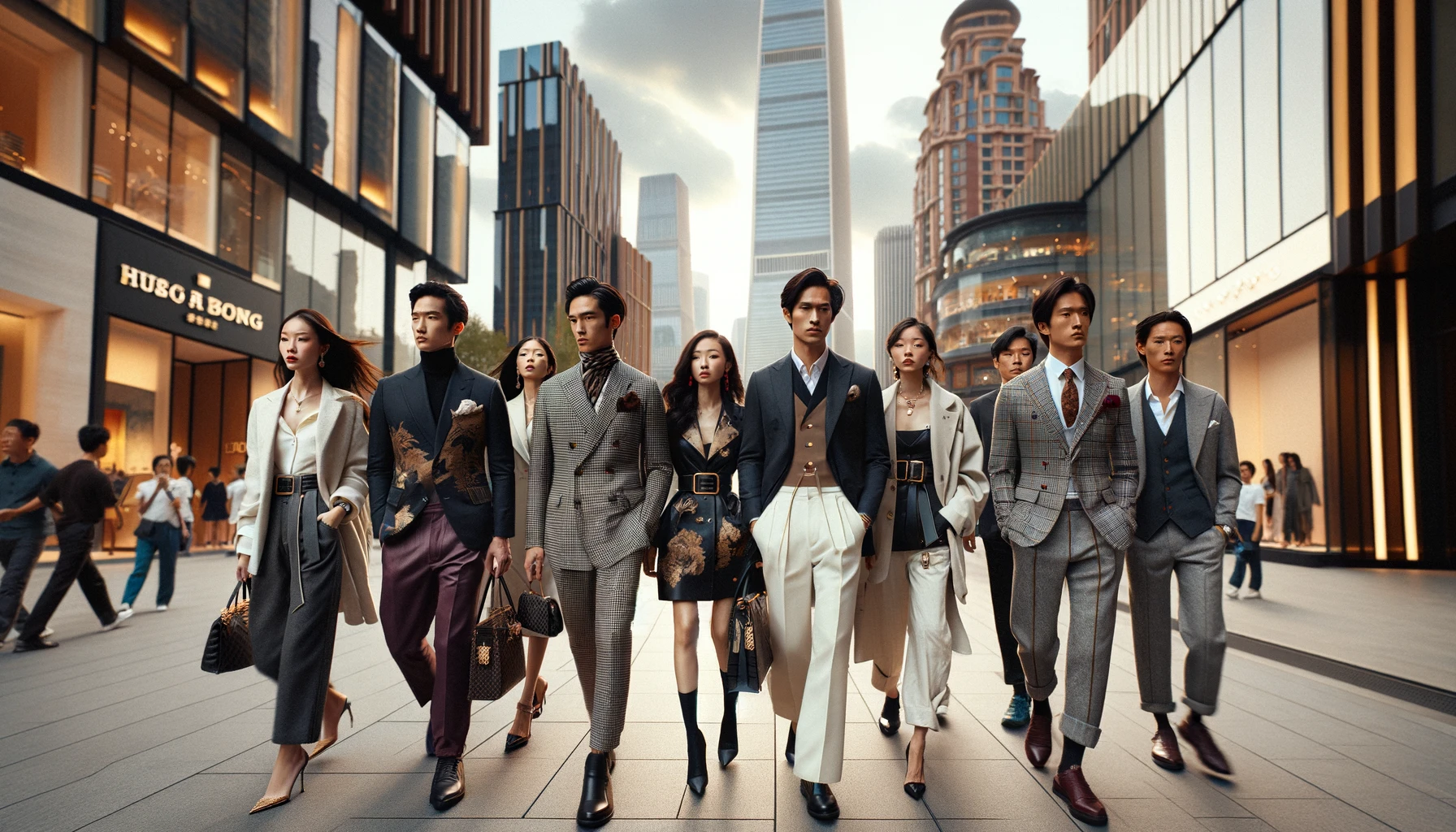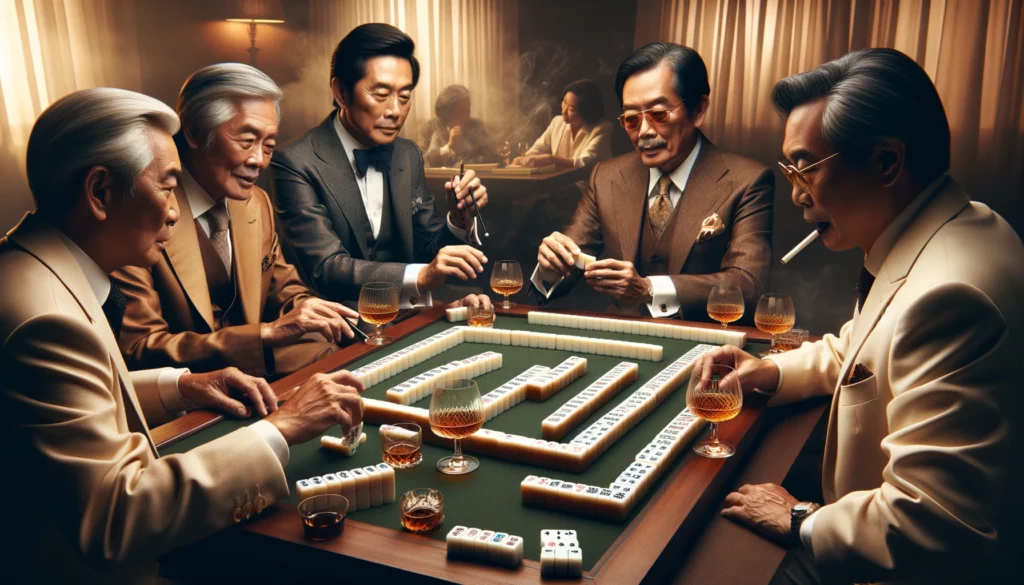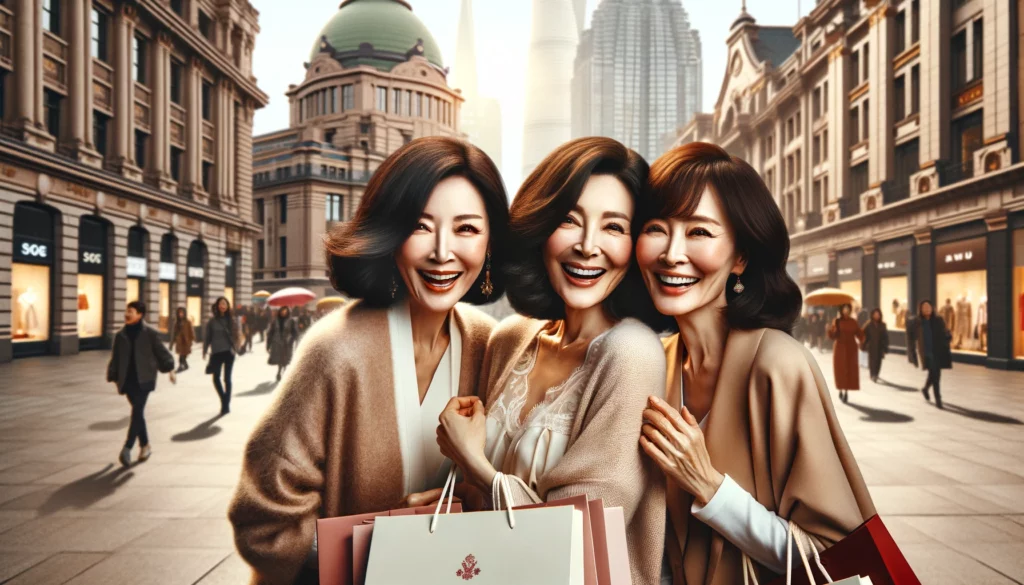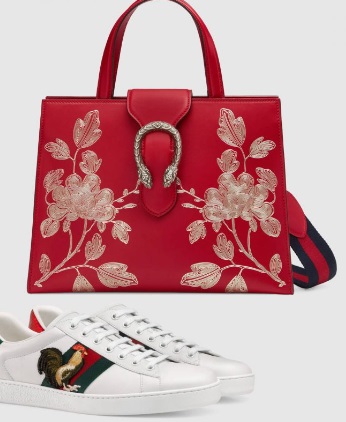How to Target Chinese Rich People in 2024?

Targeting Wealthy Chinese effectively involves a blend of high value digital strategies and high-quality content that resonates with the luxury lifestyle.
Cost-Effective Agency
KPI and Results focused. We are the most visible Marketing Agency for China. Not because of huge spending but because of our SMART Strategies. Let us help you with: E-Commerce, Search Engine Optimization, Advertising, Weibo, WeChat, WeChat Store & PR.
Here are 7 tips for reaching this lucrative market segment, done by experts of the market that work on campaign on daily basis
- Produce high quality Videos: Craft high-quality, visually appealing videos that showcase the luxury feeling and exclusivity of your brand. These videos in 2024 are the KEY , and should tell a story that aligns with the aspirations and lifestyle of the wealthy Chinese consumer.
- Douyin Targeted Ads: Use Douyin (the Chinese version of TikTok) to create engaging and creative content targeted at affluent audiences. Douyin is for everybody in China, (not only teenagers). Advanced targeting options allow marketers like us to reach users interested in luxury brands and lifestyles. Douyin challenges and KOL paid collaborations can also increase visibility.
- Use Little Red Book: Engage with affluent consumers on Xiaohongshu, a social media and e-commerce platform popular among luxury shoppers. Share high-value content like exclusive product reviews, luxury travel experiences, and premium lifestyle tips to build brand prestige.
- Create High-Value Content: Develop content on Zhihu, WeChat, etc that offers more than just product information—provide insights into the luxury lifestyle, including trends, insights, and behind-the-scenes looks at your brand. This content should be informative, entertaining, and aspirational.
- Build and Maintain a 5stars Reputation: Reputation is key in the luxury market. Engage in reputation management by ensuring positive reviews and testimonials are visible, addressing any negative feedback promptly, and maintaining a high standard of customer service.
- WeChat for Private Conversations: Offer personalized services and exclusive deals through WeChat, China’s leading messaging and social media app. Use WeChat to communicate directly with affluent clients, providing them with a personalized shopping experience.
- Implement Targeted Advertising on WeChat, Toutiao, and Douyin: Use these platforms’ advanced targeting capabilities to reach affluent audiences with tailored ads. Customized advertising can include exclusive offers, invitations to private events, or access to limited-edition products.

7 key trends in 2024 about Rich Chinese People
- Wealthy Chinese consumers have become a significant force in luxury spending, with their expenditures expected to account for a significant portion of global luxury sales by 2025. This group has shown a more positive outlook on future spending compared to average consumers, indicating a willingness to trade up to more expensive brands or products .
- Oversea Travel, Oversea investment, most of business men in China are searching oversea opportunities for investment, or travel. Most of Wealthy Rich Chinese are living oversea after Covid.
- There’s a noted shift towards more impulsive buying behaviors among wealthy Chinese, with a significant portion of luxury purchases decided within a single day. Word of mouth has become increasingly important, influencing many luxury purchases, highlighting the need for brands to engage in effective word-of-mouth marketing strategies
- Brand recognition has emerged as a top buying factor, surpassing concerns like quality of materials or craftsmanship. This shift underscores the importance of building a strong brand preeminence to captivate this consumer segment (
- Online purchases of luxury goods , with only a small percentage of luxury sales occurring through official online channels. However, the integration of online and offline (“O2O”) initiatives could potentially increase online luxury sales in the future .
- There’s a growing need for reassurance and competitive pricing among wealthy Chinese consumers. This group tends to shop at official channels or duty-free shops, showing sensitivity to price disparities between domestic and overseas markets
- Digital consumption and e-commerce are booming, with China leading as the world’s largest e-commerce market. The digital economy has led to an explosion of consumer data, offering brands new opportunities to understand and engage with their target audience through digital channels
Read more
The Crazy Rich Asian
Do you already hear about “Crazy Rich Asians”, the blockbuster movie that had been a huge hit on the U.S. market this summer? The producer applied for the license to show it in China before it was released in August and was finally approved only after China’s luxury spending showed signs of a slowdown in recent months.

The movie is an adaptation of the best-selling novel by Singaporean-American writer Kevin Kwan. The characters in Crazy Rich Asians live an exceptionally privileged lifestyle in Singapore, from first-class flights to shopping sprees to parties on private islands, and demonstrate ultra-expensive stunning outfits from luxury brands including Elie Saab, Alexander McQueen, Dolce & Gabbana, Valentino, Giambattista Valli, and Missoni.
In the context of ‘rich Asians” speaking about China, now it’s not just only the biggest luxury goods buyers in the domestic market but also the worldwide luxury goods spenders. There are two key platforms that Chinese luxury goods buyers are buying from – the internet and overseas.

Back in 2013, a Chinese film called Tiny Times directed by popular writer Guo Jingming was fiercely criticized by state media People’s Daily for excessive use of luxury goods after the film became hugely successful among the country’s younger generation. The film demonstrates the modern lives of young Chinese and explores how they deal with relationships, friendships, and career development.
Chinese Luxury Lifestyle

According to Jing Daily’s report at the time, a massive number of luxury brands, including but not limited to “Ferragamo, Chanel, Dolce & Gabbana, Gucci, Prada, Bottega Veneta, Marc Jacobs, Moncler, Armani, Dior, Louis Vuitton, Pelle Moda, Neil Barrett, Hermès Birkin, Christian Louboutin, Valentino, BMW, Bentley, Rolls Royce, Texture, Sketch Red, and Apple,” appeared in the film. That was perhaps the first time a majority of Chinese consumers heard about these Western luxury brands. Since then, Chinese consumers have become responsible for more than one-third of the global sales of those brands.
Chinese luxury buyers
Chinese luxury buyers’ number is increasing fast and becomes younger (age at 20-30). They know everything about the digital, they like to check luxury brands online with one touch. It’s obvious that significant luxury brands enter the digital world and increase the number of luxury customers buying luxury goods online.

Apple in China worked with Vogue to get an iconic luxury brand image to promote its much-hyped upcoming season’s product Apple Watch. It made its editorial cover debut in one of the most fashionable magazines in the world. So, the watch can be recognized as a high fashion accessory to attract Chinese luxury buyers. Read also (Luxury World in China)
How brands can target Chinese Luxury Buyers?
There are a few vital elements for international brands to target Chinese luxury buyers with a successful marketing strategy.

To effectively target Chinese luxury buyers, brands must navigate the unique digital ecosystem of China. Here are five strategies, each with a punchline, to engage and captivate this sophisticated audience:
- Turn Browsers into Buyers with Little Red Book – Where Authenticity Meets Luxury.
Little Red Book, a social media and e-commerce platform, is beloved for its genuine user-generated content and recommendations. Brands can harness this authenticity by engaging with users through KOL (Key Opinion Leader) partnerships, creating branded content, and encouraging user reviews to build trust and foster a community of brand advocates.
- WeChat: Your Gateway to Personalized Luxury at Every Swipe
WeChat is an all-encompassing platform offering messaging, social media, and financial services. Luxury brands can utilize WeChat for direct sales, customer service, and creating personalized marketing campaigns through official brand accounts, mini-programs, and WeChat Moments to provide exclusive content and services.
Wechat is by far the most popular Social Media messaging app in China with 1 billion monthly active user accounts up to March 2018. In fact, 93 percent of all smartphone users in China use WeChat. Presence on Wechat seems to be the most successful omnichannel marketing campaign targeting Chinese buyers (JD is
- Elevate Your Brand with the Midas Touch of Premium KOLs
Influencer marketing is particularly potent in China. Collaborating with premium KOLs who align with the brand’s image can amplify reach and influence purchasing decisions. These collaborations can take the form of product endorsements, exclusive launches, or behind-the-scenes looks at luxury events, creating aspirational content that resonates with luxury buyers.
Social media influencers and KOLs have proven their effectiveness and power over Chinese luxury buyers. Having a Chinese influencer posting a selfie from a high-end fashion brand store guarantees sales increasing.
Luxury brands have to understand how the Chinese market works and play the same rules if they don’t want to miss what is already an incredibly profitable segment. They only need to speak the right marketing language to target the richest buyers in the world.
- Build and Maintain an Impeccable Reputation
- “Crafting Desirability Through Excellence – Your Reputation Precedes You in China” Olivier VEROT, founder of GMA
In the luxury market, reputation is everything. Brands must meticulously manage their image, ensuring quality, exclusivity, and impeccable customer service. Engaging in corporate social responsibility (CSR) initiatives and protecting against counterfeiting are also crucial for maintaining a pristine reputation.
- “Capture the Pulse of Luxury with Douyin – Where Virality Meets Elegance.
Douyin, the Chinese counterpart to TikTok, is a dynamic platform for short-form video content. Luxury brands can leverage Douyin for creative and engaging marketing campaigns, utilizing features like live streaming, interactive challenges, and AR filters to generate buzz and connect with a younger, tech-savvy audience.
Do you need Partners in China?
A group of Digital Gentlemen ready to help you.
Send us an email and tell me your ambitious plan







Did you see the buzz of Wang jianlin, one of the China’s richest man tells young people hoping to become rich , and to set a ‘small’ target of 100 million RMB
Chinese are really crazy about money without value
Hello,
This Man is dealing with real Estate, they are little bit disconnected from the reality of other business… He sell 10 flats in China, and he makes easily these 100M , but trust me it is not ALL business in China that are making this money so easily.
and when the Real Estate will go down, he can lose 10%… on his all real estate empire…
target Rich Luxury buyers and investors , it is the same strategy?
Not really the Same strategy…. read this http://agency.gmawebsites.com/sell-real-estate-properties-chinese-investors/ you will have a better idea Mario.
As an accomplished real estate agent specializing in the Platinum Triangle (Beverly Hills-Bel Air-Holmby Hills) in Southern California, I would like to offer my exemplary service to affluent Chinese citizens. Do you offer an affordable program for a real estate agent?
Respecfully,
Flavia Brown
homesbyflavia@gmail.com
homesbyflavia.com